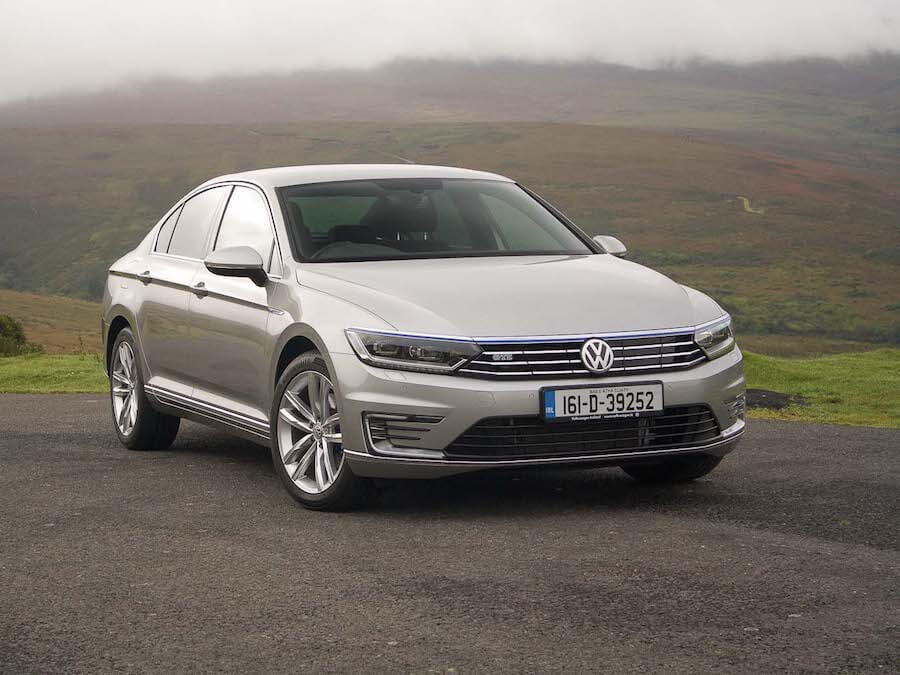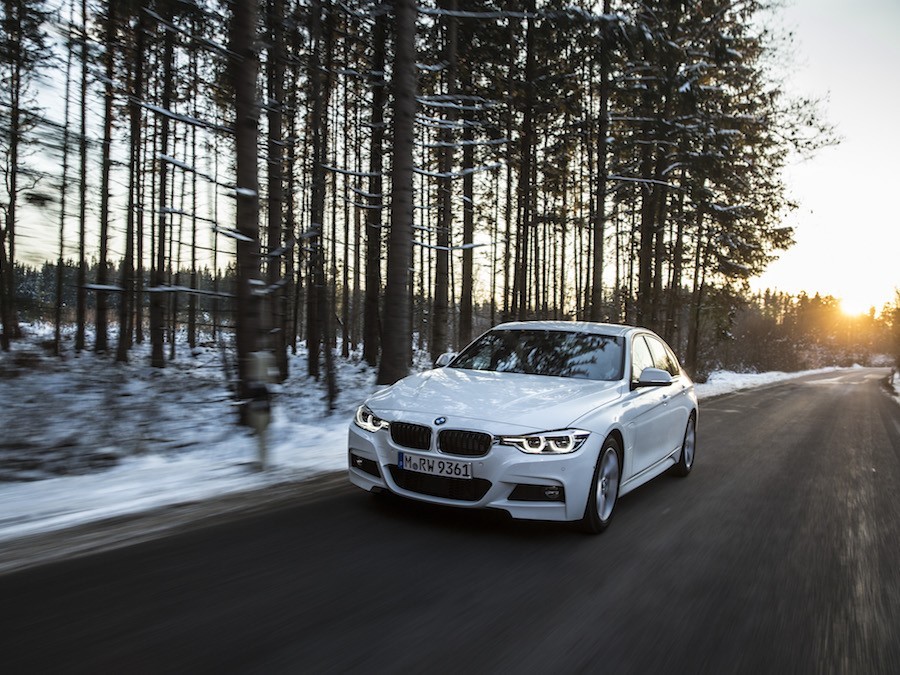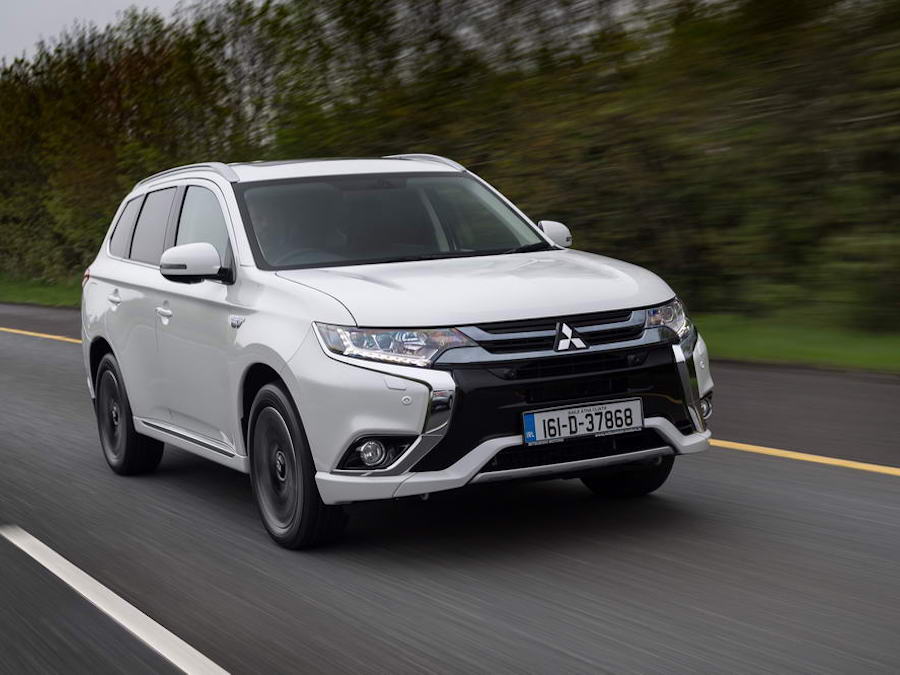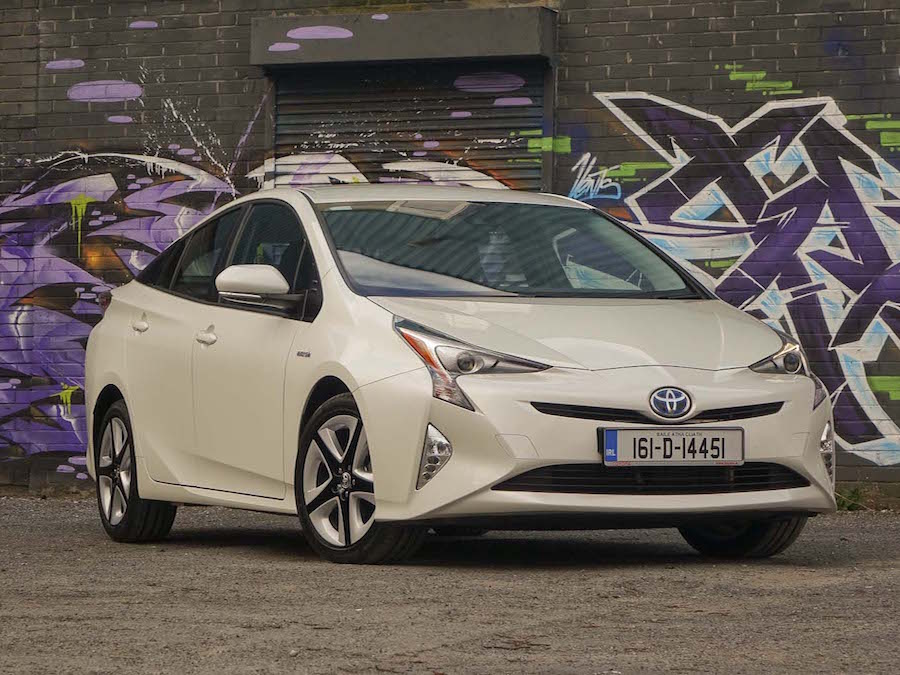Good: all-electric urban running, smart styling, beautiful cabin, space, quality, acceptable economy.
Not so good: diesel still more practical and far cheaper, it's no handling champ.
If you ever wanted proof that there's about to be an onslaught of hybrid and plugin hybrid cars from every major manufacturer, just look at this year's budget. Good old Morning-Noonan-Night played a canny game, extending subsidies for pure electric cars for another five years, but cutting off the subsidies for hybrids after just two. Clearly, a potential hole in VRT receipts was seen as coming down the line, so in just 24 months more, hybrids will no longer get any subvention in their pricing.
And cars like this Volkswagen Passat GTE show both why that's potentially a very good idea and also potentially ruinous. It's a good idea because hybrids and plugins are fast going mainstream, but ruinous because it already costs €40k and bloody hell what's it going to cost when the subventions are taken away?
Let's get back to that in a minute and look for a moment at how the Passat GTE functions. Nominally, it's part of the GTI/GTD family, so it uses the same 1.4-litre 150hp turbocharged petrol engine as you'll find in the Golf GTE and Audi A3 e-tron. That's coupled to a hefty lithium-ion battery and an electric motor to give a combined 218hp and a very brisk sub-eight seconds 0-100km/h run. Push the button marked 'GTE' on the centre console and this Passat can turn a very clean pair of heels up at the car behind, leaping forward on a combination of turbo and electric motor torque. In some ways, it's quite addictive.
Of course, that's not the point. The point is to keep the Passat's battery topped off from the mains, which gives you a claimed 50 kilometres and a real-world 40-ish-km of pure-electric range. As with all current plugin hybrids, it's a delight to drive around town, swooshing about on a silent tide of electric torque and the Passat's beautifully-built interior does a better job than some of silencing the squeaks and rattles that most cars use their engine sounds to cover up.
It also has a far better ride quality than most electric cars, and does a terrific job, in this respect, of disguising the extra weight of the electric part of the drivetrain. Rivals such as the BMW 330e certainly have a far stiffer ride around town, so that's particularly welcome.
On the open road though, the Passat can't match the half-electric Beemer's composure. It just doesn't have the sharpness of steering or the ultimate suspension control for that, even in GTE mode, which is supposed to sharpen up all the dynamic hot points. Better by far to use the Passat for the purpose it was always intended - that of a smooth, comfortable cruiser - and in that role it excels.
Space inside the cabin is excellent, with plenty of head and leg-room in the back and the front seats are some of the best and most supportive you'll ever sit on. The Passat also scores in terms of boot volume, seemingly barely affected by the fact that it's lugging batteries around, with a total capacity of 586 litres putting that BMW 330e to shame.
But what about the fuel consumption? Well, if you remember to charge it like an iPhone (i.e. at all times and at all other times - it takes about four hours from a domestic socket) and you do most of your mileage in town, then you might just see your average start to creep up past the 100mpg mark, over time. The problem comes when you venture on a longer journey, and the batteries run down. At that point the 1.4 TSI turbo engine takes over all the hard work, and while that's not a serious problem, it does mean that your overall economy drops back to much more normal-car levels. We saw an average of around 5.9 litres per 100km, just under the 50mpg mark, during a week that included a couple of long motorway runs and several occasions where we ran the batteries down and forgot to plug them in and used the system's charge-while-driving function to charge them back up. So it's not bad, but in real terms it's slightly less economical than a standard, and far, far cheaper, Passat diesel.
Of course, there are other benefits, not least taxation ones from that low CO2 figure and incentives for business users to buy electric and plugin cars, plus the potential for city authorities, in the very short term, to start banning diesel cars from urban centres. You may be spending a lot of money, but you are at least future-proofing yourself.
Is it worth it though? Almost, I'd say. As with all plugin hybrids, you have to stick to a pretty strict diet of short urban hops, with only the occasional long-haul foray, to really get the best out of it. For the rest of us, a standard diesel model would still be the better choice, but the gap is narrowing fast. Even the government has realised that.


































